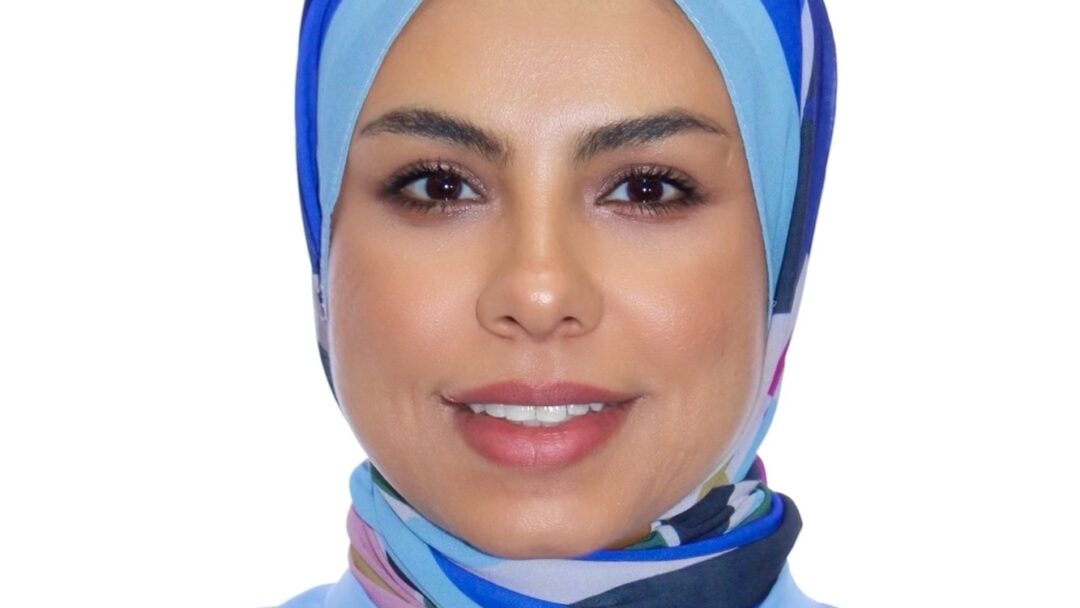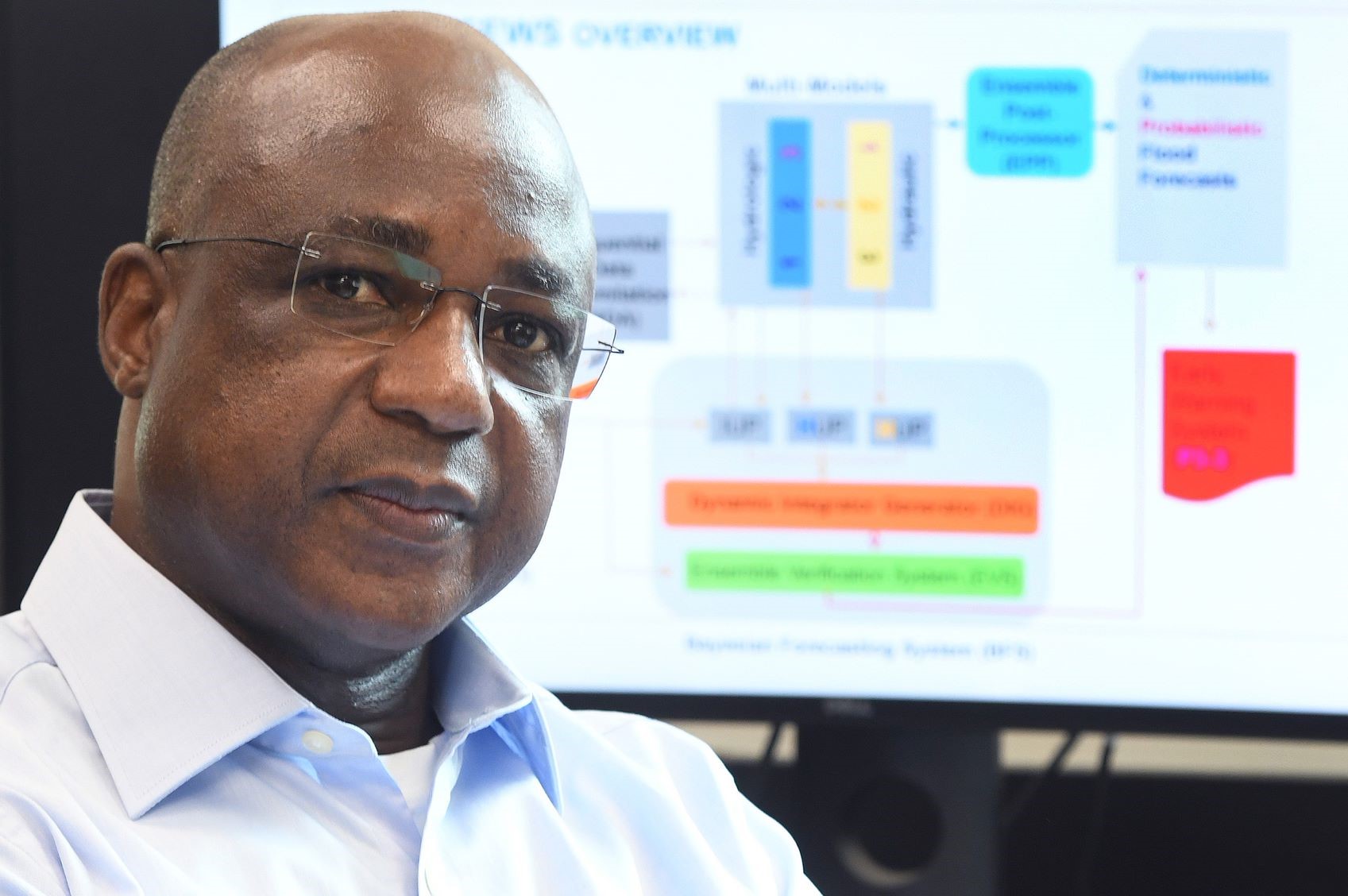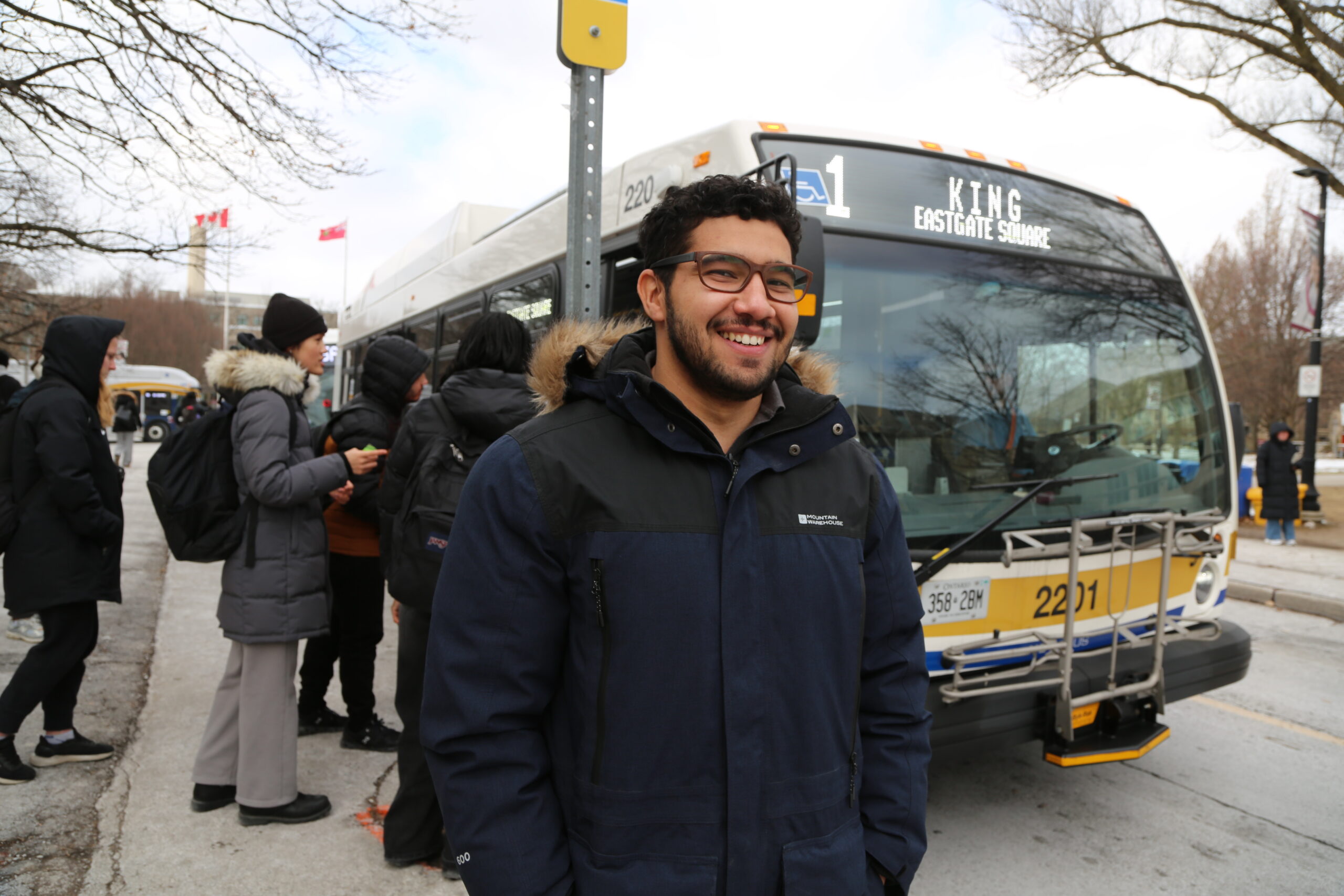PhD graduate an emerging leader and role model in responsible artificial intelligence diagnostics

Eman Rezk’s PhD wrapped up with an email that caught her by surprise.
The email from the Royal Society of Canada broke the news that Eman had been chosen to receive the Alice Wilson Award.
It’s an annual honour given to three women of outstanding academic qualifications who’ve been awarded postdoctoral fellowships from Canadian Institutes of Health Research, the Natural Sciences and Engineering Research Council and the Social Sciences and Humanities Research Council.
“This recognition was completely unexpected and it meant a lot to me and my research journey,” says Eman, who accepted the award at the Royal Society of Canada’s Celebration of Excellence & Engagement in Vancouver earlier this month. “Being in the company of so many brilliant and inspiring researchers was such an incredible and unforgettable experience.”
Those researchers were no doubt thinking the same thing while meeting Eman, an emerging leader in artificial intelligence-based diagnostics with a PhD in Computational Science and Engineering.
For Eman, advancing the interface of AI and healthcare is deeply personal – her mother was 51 years of age when she died of colon cancer.
“AI has great potential for helping clinicians detect and diagnose cancers as early as possible. I want to do everything I can for patients and families who are anxiously waiting on a diagnosis.”
Eman started building an AI model that does exactly that with skin cancers. Her co-supervisor – Dr. Mohamed Eltorki – is an emergency room physician who’s alarmed by the number of people coming to ERs with complex skin conditions.
A critical shortage of dermatologists is making early detection, diagnosis and treatment increasingly difficult.
Eman started building an AI model to solve that problem and then ran into another challenge – there’s a lack of health data for people of colour. As a result, AI models can’t detect cancer in people with high amounts of melanin in their skin.
“AI models are like children. What you teach them is what they do. If you don’t teach an AI model to detect skin cancer in people of colour, the model can’t assist in making a diagnosis.”
Eman started addressing that gap with the supervision of Wael El-Dakhakhni, a professor in the School of Computational Science & Engineering and Director of the INVISIONLab. She focused her research on creating responsible AI models that are equitable, transparent and human-centred. Along with an AI model to support skin cancer diagnoses, Eman is now building tools for cervical cancer screenings in developing countries.
She understands the concerns of clinicians and patients and agrees that well-defined AI regulations in healthcare are needed.
But she says the accuracy of AI models is no longer in question – work has now shifted to addressing bias in those models.
One way to achieve that goal is to have more women researchers working in AI. Eman is once again doing her part – she’s a volunteer with Women in AI. The nonprofit “do-tank” was founded in 2016 with a mission to empower women and minorities to become AI and data experts, innovators and leaders.
Wael says Eman, who’s joining the University of Waterloo’s Faculty of Engineering as an NSERC Postdoctoral Fellow, was both a brilliant student and role model who made her mark while at McMaster. “Her equity-driven scientific research is an inspiration to the McMaster community. Eman carries out impactful research that can change people’s lives and goes far beyond simply publishing journal papers. Eman’s a role model to the next generation of engineering, science and medical scholars who need to use their knowledge to co-tackle challenges associated with social justice, antiracism, decolonization and equity.”
Grads to watch, PhD student, Research excellenceRelated News
News Listing

Research group receives federal climate change funding to help plan and design more resilient electricity systems
Faculty, Research excellence
January 28, 2025

Faculty of Science launches five research-focused credit courses for first and second-year students
Research excellence, Student experience, Students
January 23, 2025

International PhD student’s passion for mentorship recognized with Faculty of Science award
PhD student, Student experience, Student leadership
January 8, 2025
